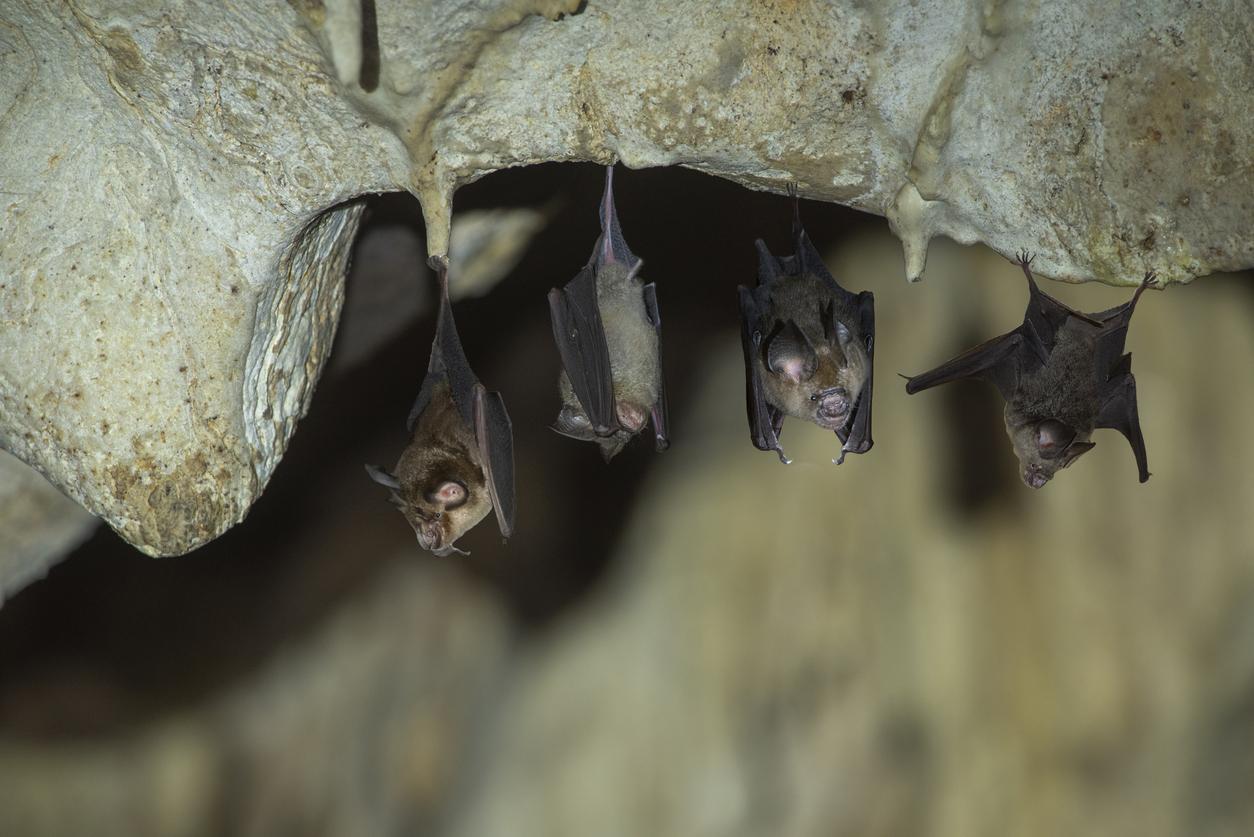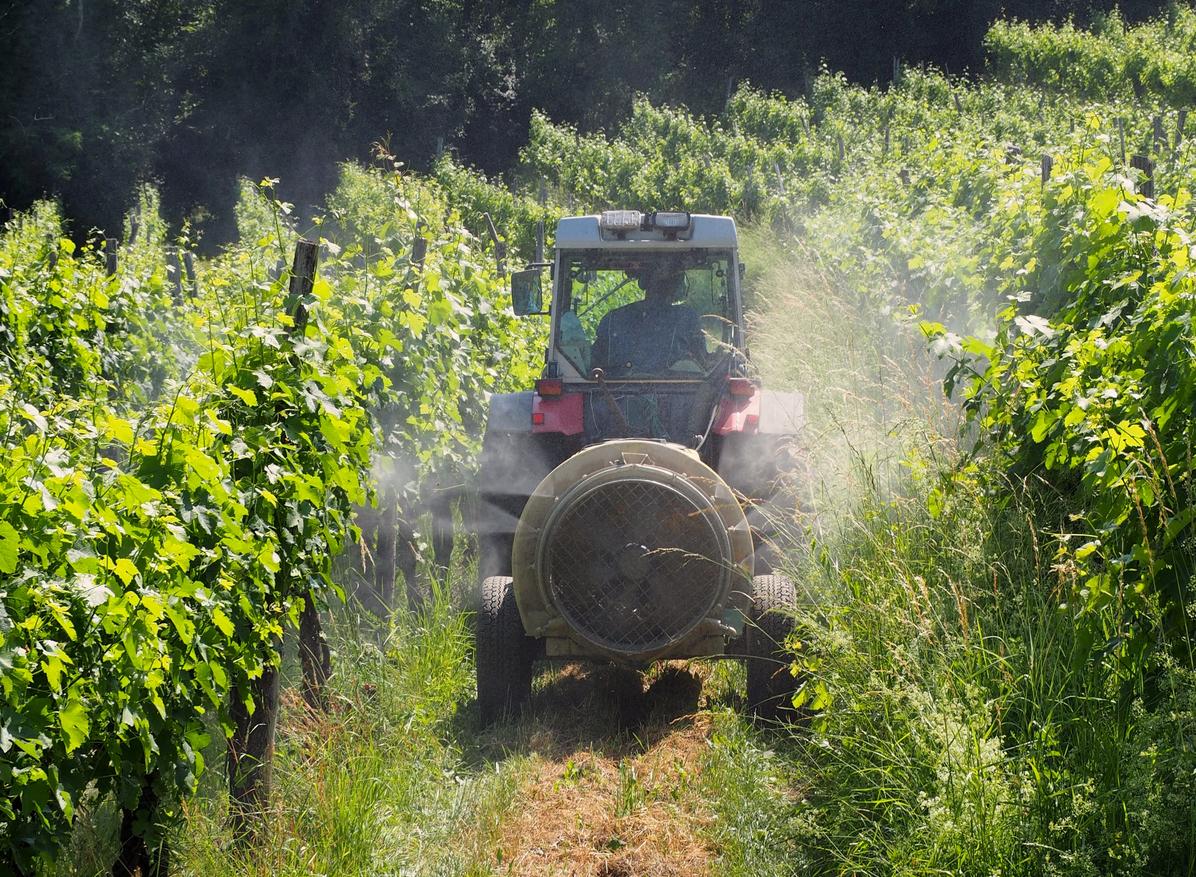After the appeal of 1,200 doctors alerting to the dangers of pesticides, the Minister of Ecology Philippe Martin announced measures to promote ecological alternatives.

Is the massive use of pesticides experiencing its last hours? The Minister of Ecology Philippe Martin replied on January 30 to the appeal of 1,200 doctors against the health dangers of these phytosanitary products by detailing in a speech measures taken by the government to limit their use. He recalled the extension of the increase in the maximum royalty to 40 products of this type. This measure, in addition to being a deterrent, complements the promotion of ecological solutions for crop protection. The use of pesticides will be better supervised and limited to certain areas. Aerial spraying is currently possible by dispensation. The Minister of Ecology affirmed his desire to see them disappear in favor of “alternative solutions” within the framework of the Ecophyto plan.
Measures that should satisfy the 1,200 doctors who have launched an appeal to alert attention to the dangers of pesticides. “We are not trying to point the finger at a profession, but everyone must take their responsibilities. It is up to us to assume our own by alerting to the dangers of these products, particularly for certain categories of the population, those who are most exposed to them, as well as pregnant women and children ”, explained to Parisian Dr. Pierre- Michel Perinaud, general practitioner in Limoges.
Risks of Parkinson’s, prostate cancer …
The risks of this exposure are mentioned in the appeal: Parkinson’s disease, prostate and blood cancers, congenital malformations… But also infertility, obesity, precocious puberty. Despite these proven risks, the protective measures are clearly not up to the task, seem to denounce these 1,200 anonymous doctors from mainland France and the West Indies. They are therefore calling for more firmness, and in particular that exemptions from the European ban on aerial spraying, particularly in the West Indies, be less frequent. In some cases, they would reach “12 out of 12 months”.
Another proposal of these doctors noted in the daily newspaper: to prohibit the pesticides except agricultural use. The measure has already been taken, but it will not be effective until 2020! However, as we know, with pesticides, the danger persists well beyond the ban since these products continue to poison the soil for many years. Chlordecone, a pesticide widely used in the West Indies, was banned there in 1993. An Inserm study showed last December that it was the cause of premature births. And according to Jean-Yves Le Déaut, deputy PS, doctor in biochemistry and author of numerous reports on this subject, chlordecone would persist for up to 7 centuries in the environment.
.
















